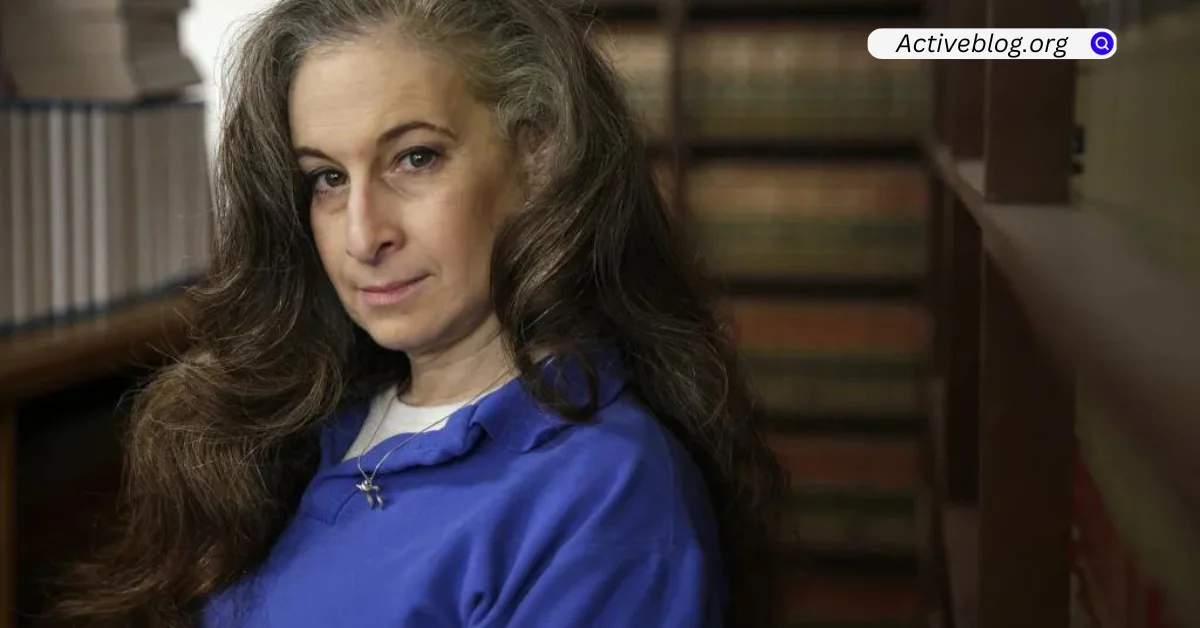Marni Yang’s recent declaration from the confines of the penitentiary left many astounded and sent ripples through the legal world. When Yang stated, “Every word I uttered was a fabrication,” the foundation of her conviction was called into question. For those unfamiliar with the case, the central piece of evidence was a purported confession she made, recorded secretly by a friend. Now, with her bold proclamation, the very integrity of that confession is under scrutiny.
Yang’s story isn’t just a narrative about a court case, but it taps into the fundamental essence of our justice system: the delicate balance between evidence, witness reliability, and the presumption of innocence.
The Murky Waters of Confessions
While confessions might seem like the golden ticket for prosecutors, they can sometimes muddle the waters rather than clarify them. Take Yang’s case, for example. The prosecution leaned heavily on this one piece of evidence, the secretly recorded conversation between Yang and her friend. The question now emerges: is this enough? Is a covertly recorded confession, taken outside the controlled environment of an official police interrogation, reliable enough to form the foundation of a conviction?
Stone, an experienced lawyer who has now become synonymous with Yang’s defense, has been emphasizing a glaring issue – the complete lack of tangible evidence connecting Yang to the crime. Without forensic evidence, surveillance footage, or eyewitness accounts, is a mere confession enough?
The Threat of Misleading Evidence
It’s crucial to remember that even confessions, when taken out of context or obtained under duress, can be misleading. The human memory is a fickle thing; emotions, external influences, and even the environment can shape and twist our recollections.
Imagine being in Yang’s shoes. If her claim is accurate, and her words were truly fabricated, how did she end up confessing to such a heinous crime? Was it pressure from the friend? Or was it a casual conversation taken out of context? Without being privy to the nuances of the conversation, we can only speculate. But it serves as a stark reminder that even the most damning evidence can sometimes not be what it seems.
Looking Forward
As the revelations around Yang’s confession continue to unravel, there’s no doubt that the legal community, and the public at large, will be watching closely. If Yang’s words were truly a fabrication, it begs the question: how many more are languishing behind bars based on evidence that might not hold up under scrutiny?
What this case underscores is the need for rigorous evidence examination, cross-checking, and always maintaining the principle of “innocent until proven guilty.” It’s not just about Marni Yang; it’s about ensuring that every individual gets a fair shot at justice.
In Conclusion
The story of Marni Yang is a stark reminder that the justice system, while robust, isn’t infallible. It challenges us to question, to probe, and to ensure that the scales of justice are always balanced. Whether Yang is truly innocent or not will be for the courts to decide. Still, her audacious statement from behind bars is a wake-up call, urging us to always seek the truth, no matter how deep it’s buried.










